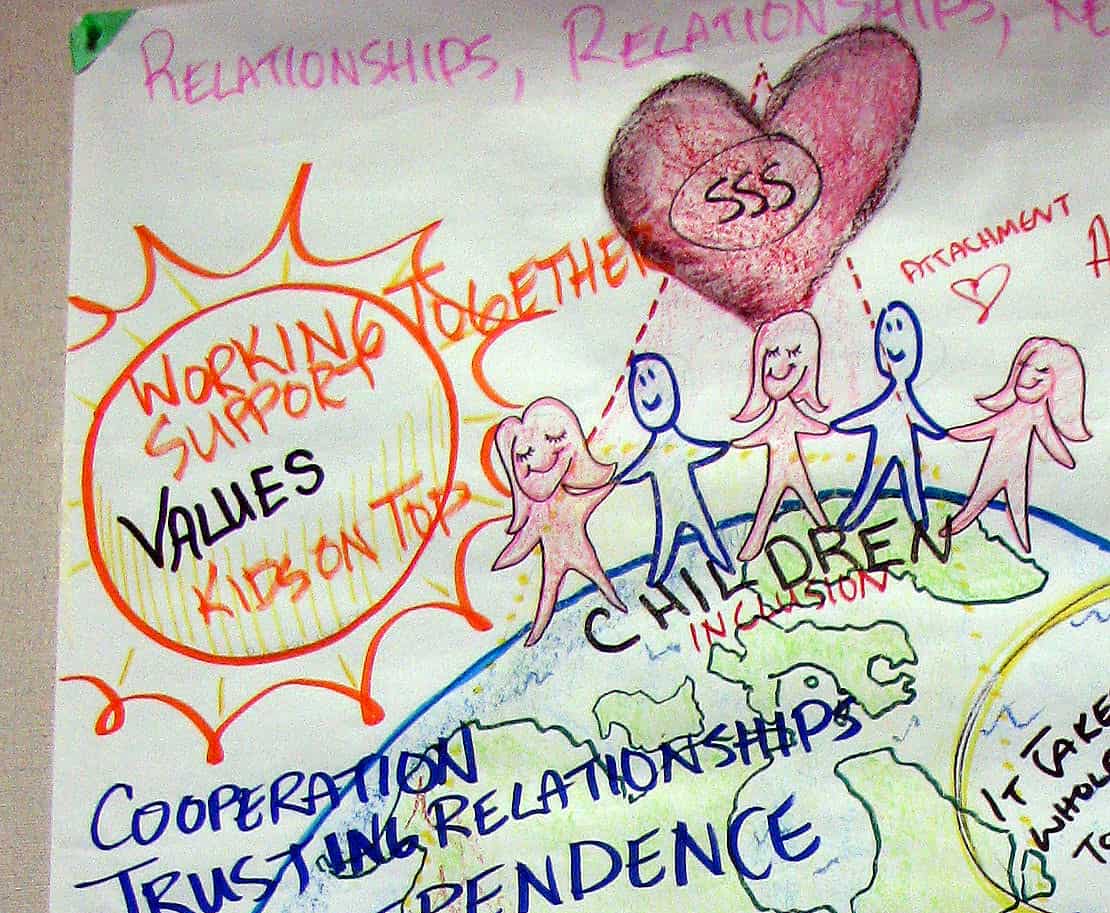“What does it even mean to have an experience of God!?” my friend belted out. It was all I could do to mumble a response.
This was all some years ago, before I entered the Jesuits. A group of us had just concluded a (decidedly lackluster) prayer service led by yours truly, and my friend was… well, she was frustrated. Like so many of my friends who are “seekers” or “doubters,” she was too wise and too honest, too blunt to let me get away with mumbled responses or lackluster prayers. “Here’s an idea,” she fired back, “you people keep talking about what God’s like, and I don’t have any clue what that means. Why don’t we talk about that? What does an experience of God even feel like?” The room was quiet.
***
Since then, I’ve heard that question echoed over and over again. It comes in different shapes though. Devout atheists or agnostic friends phrase the question in evidential terms: “What exactly do you mean when you talk about this ‘God’ in which I’m supposed to believe?” (See a philosopher for details. Or maybe Colbert, I reply). Other friends fill the question with curiosity, lifting the tone at the ends of their phrases. For this group, it’s not that they think I’m crazy, or inventing things, it seems like there’s a desire to understand in them but without a frame of reference for the language that I’m using. When they hear me talk about spiritual direction or my own experiences of God, they’re just not quite sure what I mean. And this strikes me as a crucial question. If people aren’t quite sure what an experience of God looks like, why would they bother to go looking for it? And how would they know it if it happened?
I’m not quite sure what my answer was to my friend years ago. I think I babbled something about “peace” and “joy” and “presence,” but I honestly can’t remember. The bluntness of her question just surprised me a little too much at the time, and I strongly suspect that I met her sincere, honest, difficult question with some kind of pat answer. With time and a lot of spiritual growth between that question and now, I’d answer that question very differently today.
Today I might say that an experience of God is like being with a lover. God searches me out and captures my attention. God allures and captivates me. God knows my moods and my whims – and seeks me out anyway. God can tantalize me, leave me hungry for more, but God can also cradle me and just gaze on me, seeing past my faults and ridiculousness, not because God doesn’t know they are there, but because God is just too interested in me.
I might say that an experience of God is like being with a dear friend. God and I sit together in silence and watch the sunrise; we idly chat about the day. We get frustrated with each other, hurt each other and make up again. We laugh together – over and over again, we laugh – and we talk about our joys, our hopes and our concerns. We talk about our dreams for our future together and about the injury that keeps me from running.
I might say that an experience of God is like an experience of a mother. God knows me too well to be fooled by my public face, and knows the complicated moods that swim underneath. God is universally interested in my ideas, hopes and worries. No matter how silly. God is like a father, too, encouraging and proud, not because what I’ve managed to do is anything particularly special, but because he’s blindly, totally thrilled with who I am.
God is like a sibling, a mentor, a teacher, a role model, a coworker, a grandparent, a leader, and a servant. God is all of these things, and none of these things, because God is who I’ve been drawn into a relationship with. God is a person, not a sensation, and asking what experience of God is like is a little like asking what a relationship is like. Even if I could answer, my answer would only tell of love and pain, delight and struggle. But still it is.
If I could see this friend today, if I had another shot at answering her sincere, frustrated question, I might say: a relationship, that’s what God feels like. For now, at least. For starters.



